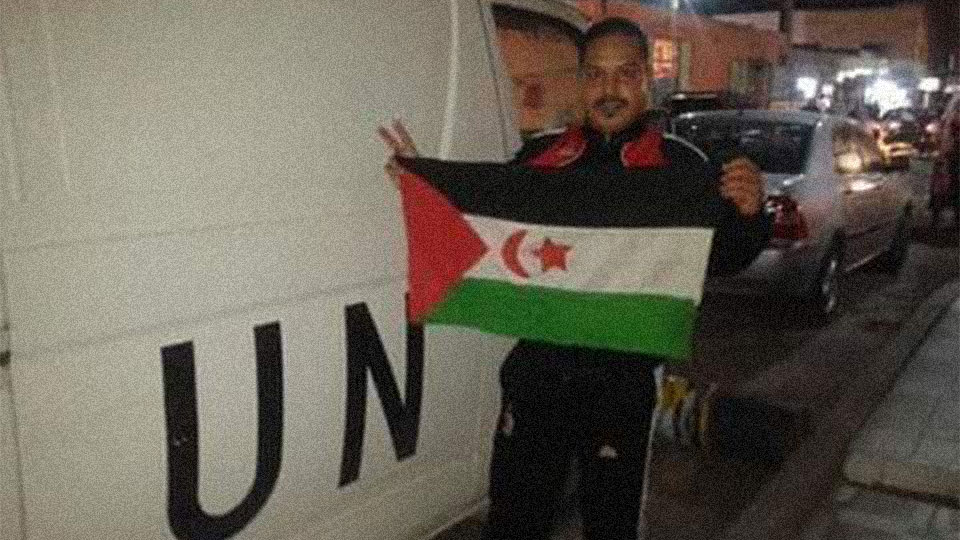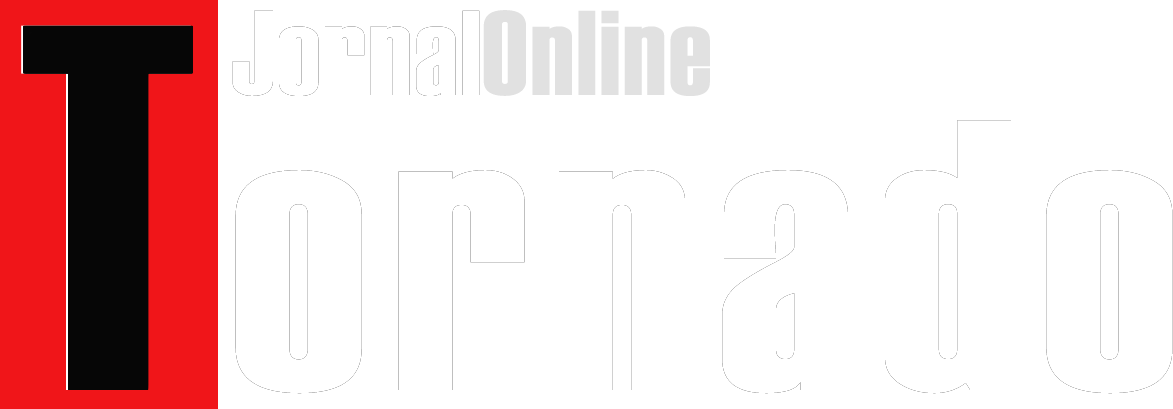On the 28th of October 2020, the United Nations Security Council (UNSC)will vote once again on the renewal of the mandate of MINURSO (UN Mission for the Referendum in Western Sahara), a peacekeeping mission established in 1991, one of the only modern UN peacekeeping missions without a human rights mandate.
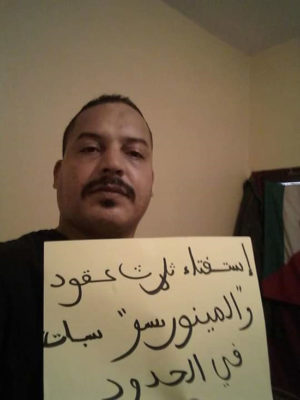 Although the UNSC has received in the last decades appeals to include a Human Rights mandate due to the serious and brutal Human rights violations and abuses that have been committed by the Moroccan authorities, France has boycotted the inclusion threatening each year with a veto.
Although the UNSC has received in the last decades appeals to include a Human Rights mandate due to the serious and brutal Human rights violations and abuses that have been committed by the Moroccan authorities, France has boycotted the inclusion threatening each year with a veto.
Only a few days from the renewal we interviewed Ali Saadoni, a 43-year-old Saharawi, born under occupation to shed light of what it means to live in the occupied territories of Western Sahara and why the inclusion of Human Rights mandate in MINURSO is long overdue.
In fact during the interview it is clear how MINURSO not only is not acting on Human Rights it even “calls the Moroccan occupation authorities” to arrest Saharawi. A practice that has been denounced several times, the last being in 2018 (UPDATE INFORMATION: young Sahrawis that have entered the Minurso headquarters detained by the Moroccan authorities)
Our hope is that one of the UNSC members will read this simple interview and will understand the monstrous and impossible demand that is made to the Saharawi since 1975 and the injustice they suffer due to the Moroccan occupation and the inaction of the United Nations.
Some say there is no war and no peace, but in reality, Morocco is making warfare and the Saharawi People have no peace and are divided by the 2720km long Moroccan military separation wall.
Interview with Ali Saadoni
Ali how was your Childhood?
I was born in 1977 under occupation and grew up during the war until 1991. I saw awful things, crimes committed by the Moroccan army against the Saharawi civilian population. The demographics at that time was very different, there were less Moroccan settlers but the soldiers and policemen of course were thousands. They were everywhere. Like today.
I saw Saharawi being abducted by the Moroccan army almost on a daily basis.
How was your School time?
All teachers were Moroccan, some were normal teachers, some were extremely mean, they called us dirty Saharawi, insulted us … mistreated us … it was hard. Some children did the same, they imitated their parents, they saw us as inferior beings.
When did you start your struggle, your nonviolent activity against the Moroccan occupation?
After my baccalaureate I decided to go to the refugee camps in Tindouf. I wanted to join Polisario.
So, me and some friends went to the wall, we wanted to cross. We tried it three times without success, only one of us made it in 2000 and is now living in the refugee camps.
In 1998 when we tried to get to the wall, we lost the direction and were very thirsty in the desert. We saw a MINURSO site and asked the MINURSO soldiers for water and asked which way the wall was.
Instead of helping us, or ignoring us, they called the Moroccan Army and we were arrested. A long torture session begun. We were tortured by the militaries in all ways you can imagine … (pause)
We were interrogated and tortured 5 days in Ausserd, 5 days in Dakhla and finally 20 days in El Aaiun.
Our families did not know where we were, the Moroccans never let us call them or call a lawyer. The was no trial, no prosecutor, no judge. Just torture, after torture, after torture.
In 1999 and in 2000 I tried to go the camps again. In 1999 they interrogated and tortured me again, my activities were not known they wanted to know what I did, who I knew, the usual. In 2000 I had my first trial and spent one month in the jail in Dakhla and tortured again of course. They always torture you.
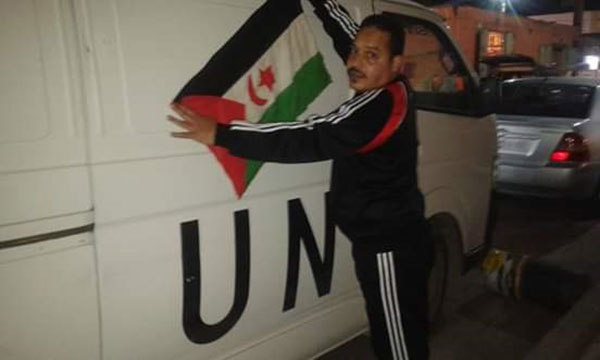
After cease-fire did something change?
There were no bombings anymore … but we continued to be persecuted in the occupied territories and so we continued our struggle our activities.
You are known to be part of a group that does not accept Moroccan Nationality, what can you tell us about that?
The Moroccans impose the Moroccan nationality on us, even to those who had Spanish nationality and were born before the invasion. We refuse the imposed nationality. To impose a nationality is a violation of International Law. Due to this we are beaten often. The struggle is long, it will not end tomorrow, it’s the struggle of a lifetime.
What kind of activities do you refer too; how do you struggle against the Moroccan occupation?
Everything that is nonviolent, we make Saharawi Flags and raise them in the cities, we draw slogans on the walls, like “freedom for Western Sahara, end the occupation” that kind of things.
We print the slogans on small pieces of paper and distribute them. We do everything that is nonviolent. Once we protested in front of the Spanish Consulate in Agadir and let doves fly. We also protest in front of MINURSO sites.
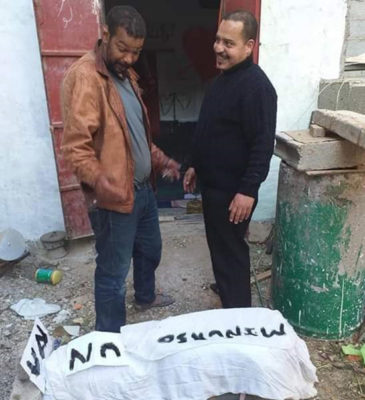 This month you have protested with signs in front of MINURSO vehicles against MINURSO. What do you think of MINURSO?
This month you have protested with signs in front of MINURSO vehicles against MINURSO. What do you think of MINURSO?
They should leave, if they do nothing, if they don’t protect us, if they don’t protect human rights, they have no place here. They just sit and watch. This is nothing. They are helping the Moroccan occupation. It is if they are saying that everything is normal.
In the occupied territories we have a “Jungle Law” not International Law. The United Nations are controlled by the permanent Security Council members with Veto right, nothing will change, we have seen this in the last decades. A Peacekeeping mission without human rights mandate?
There is no Peace, we have no peace!
During your adulthood did you ever have the opportunity to work?
No never, they don’t give us jobs, neither in the public nor in the private sector. The vast majority of the Saharawi have no access to jobs.
They use this in several ways. One of these ways is during the interrogations and torture, they say that they will give me a job or my own enterprise if I stop to be active. That is the price of a job – to renounce your believes, to renounce your rights, to betray your country, to accept occupation quietly.
I have never accepted the “offer”.
In June 2018, Horst Koehler, the personal envoy of the UN Secretary General Guterres visited the occupied territories of Western Sahara, did you meet him?
Yes, I met him and told him everything. I told him about the suffering of our people, our nonviolent struggle, our respect for the agreements we signed and the uselessness of MINURSO without a human rights mandate.
How many times were you in Prison with an actual sentence?
I was four times in prison, the longest sentence was two years. It is very hard. The trials are unfair. The torture is physical and psychological.
What kind of torture did you endure?
All kinds. All you can imagine and more …
In 2007 I was abducted from my family house, they took me out of the city to the outskirts. There they made a hole in the ground, like a grave. I was put inside only my head was sticking out. Then they began the interrogation … slapping my face … (silence)
They wanted to know what my activities were, details of my actions, when where, with whom. Can you imagine? For making flags? For raising flags? For writing Freedom for Western Sahara! ….. buried at their mercy …
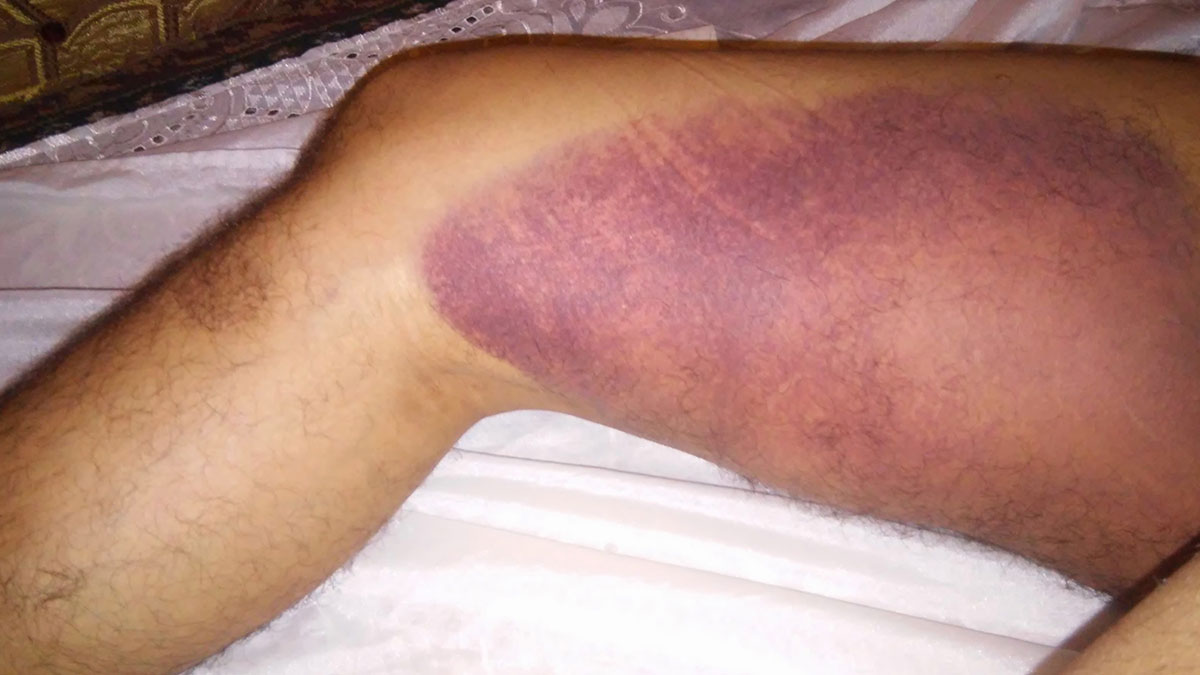
When we are taken to the police station they torture us, but the first thing is always to rip our clothes apart, we stay naked in front of them, blindfolded, handcuffed, beaten, then come the threats that they will rape us, they describe how they will do it, with the Batons, with broken bottles .. They do that you know? They rape people like that.
There are many tortures … you know them
During your incarceration in 2018/19 you made hunger strikes and even sew your mouth, why did you resort to these methods of protest?
You have to understand that when you are in prison, in a Moroccan prison and you are a Saharawi, there is no law, there no boundaries for what the Prison direction can do or order to do to you …
No boundaries .. no restrictions
I have a chronical disease, as a result from all the beatings I have endured during the course of my life under Moroccan occupation. Due to that disease I need daily medicine. In prison it is very difficult, they don’t give you your medicines, there is only intentional medical neglect. They torture you and they refuse to give you your medicine. I had seizures due to that. It is impossible to explain to you how defenseless you are inside a prison, surrounded by Moroccan violent detainees, unprotected by the guards who themselves attack you and incite the prisoners to ill treat you, and then you have seizures, you are weak in that moment and totally at the mercy of all.
They also put me in prolonged solitary confinement it is called “Kacho”, it is like a coffin, and again seizures, ill treatment.
I made complaints, I did everything one could do, but to no avail. So, my last resort, my only “weapon” were the hunger strikes. When I decided to sew my mouth … well I can only tell you that the sufferance in the prison is superior to that of a hunger strike or to sew your mouth… is it possible for you to imagine that?
My life, the life of the Saharawi is this. Torture. They all torture us, the Police, the Gendarmerie, the Soldiers and the “Secret Police”. Our houses are surveilled by plainclothes police and by uniformed police, all our movements are registered, our phone calls, who we meet, when, where, how, what we buy. I’m not talking about inside the prison, I’m talking about the occupied territories which is another prison, a prison without a roof, but now even the sky is used to surveil us with drones.
The Moroccan regime is a terror regime, it terrorizes their own people, how can we expect to be treated? Only worse.
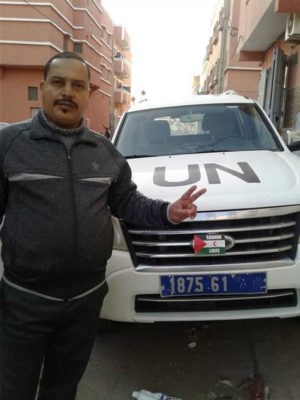 The surveillance you speak of it is only for the Saharawi?
The surveillance you speak of it is only for the Saharawi?
The Saharawi and any international delegation, observer, lawyer or researcher that enters. Either they are no allowed to enter the occupied territories or they are expelled. But we are always surveilled by cars, motorcycles, everything.
Some time ago they introduced a spy in our group. We caught him making reports on us. He was registering our movements and activities and our psychological profiles. We let him be, we didn’t do anything to him.
After the Interview a lot of thoughts came to my mind. How is it possible that the case of Western Sahara and the exemplary nonviolent resistance of this people is not news? How can it be that the United Nations provide support to a status quo of occupation although their own resolutions are contrary to this status quo and the occupation.
How can a UN Peacekeeping mission “deliver” young men to be tortured for the sole reason to ask for water and directions, directions to their country?
And I looked at a photo of my daughter, a young woman who also defends her believes and takes part in protests… how would I feel if she would be imprisoned for raising a flag? What would the world say if a European young woman would be tortured days and weeks in a row for raising the flag of her country?
So how is it possible to stand by when Saadoni and so many other Saharawi suffer torture due to this very same reason?

Receba a nossa newsletter
Contorne o cinzentismo dominante subscrevendo a Newsletter do Jornal Tornado. Oferecemos-lhe ângulos de visão e análise que não encontrará disponíveis na imprensa mainstream.


